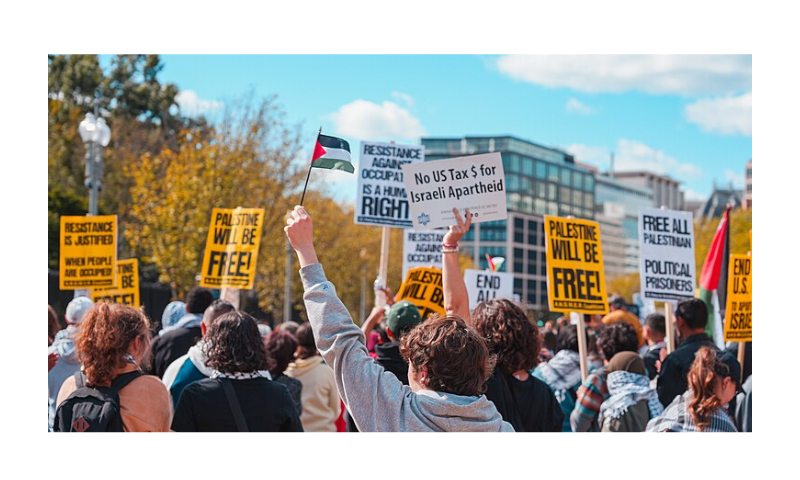Chad Qian
The Tech, Dec. 14, 2023
“… to the extent that any students have been intimidated by rhetoric on campus to a sufficient degree such that, e.g., they are legitimately fearful to venture to classes, and this rhetoric has been “severe, pervasive, and objectively offensive,” then clearly this line would have been crossed.”
MIT has certainly had a notable series of controversial events recently regarding free speech, from the rash cancellation of Professor Dorian Abbot’s EAPS lecture in 2021, to the “problematic postering” incident earlier this year, to the set of provocative speakers invited this term by the MIT Students for Open Inquiry group. Out of the first of these controversies emerged the MIT Free Speech Alliance, which advocates for expanded free speech protections at MIT (and of which I am a proud member). Subsequently, MIT adopted the MIT Statement on Freedom of Expression and Academic Freedom, which is comparable to the famous Chicago Principles in formalizing freedom of speech and freedom of expression rights on campus. And while MIT is a private university and, hence, is not technically held to the same legal standard that public universities are held to in regard to First Amendment protections, I certainly hope that MIT’s free speech policies would be as expansive as those enshrined under the First Amendment.
Recent events, particularly the disruptive protests held by the MIT Coalition Against Apartheid (CAA), have cast an even brighter light on MIT’s free speech policies, to a far greater extent than prior controversies did. Indeed, the two recent opinion pieces in The Tech last month discussing these events both pointed to the importance of free speech on campus.
As a starting point, it is worth noting the value in not excluding “hate speech” from standard free speech protections.


